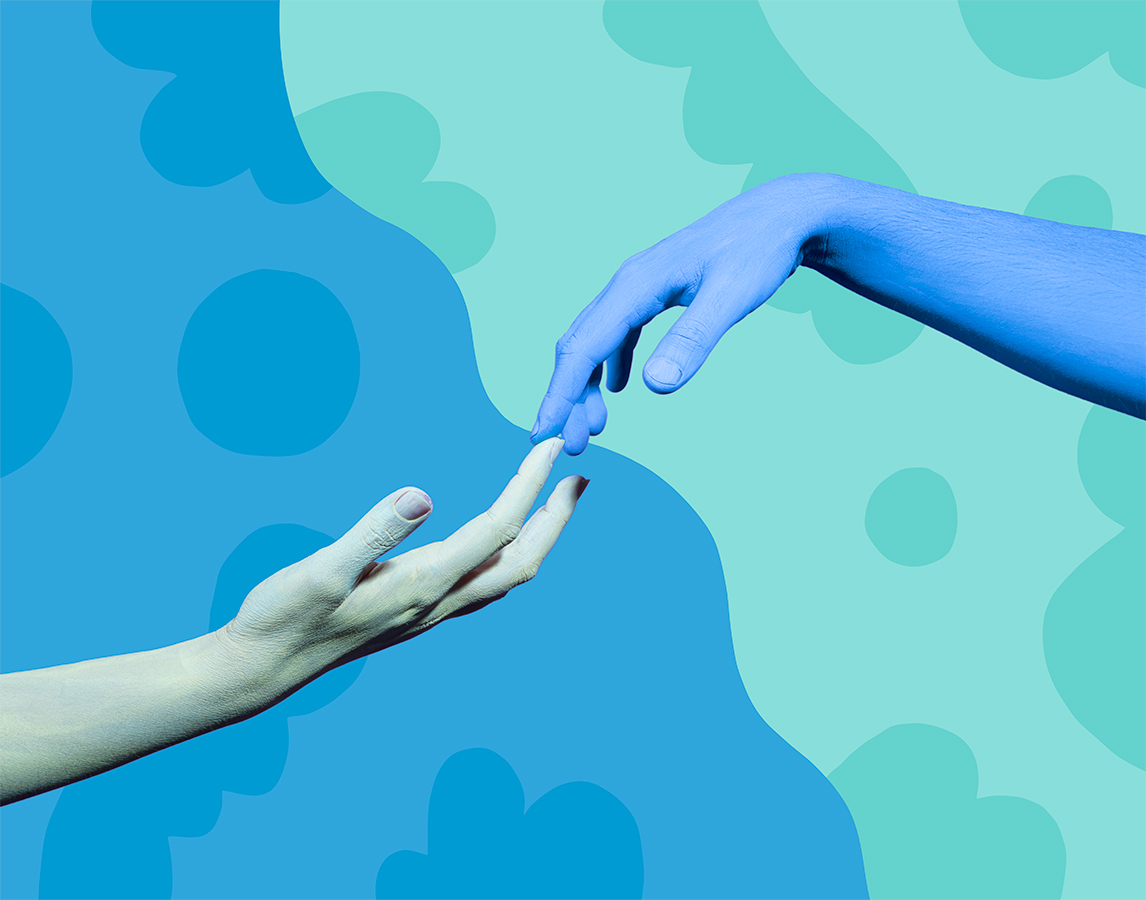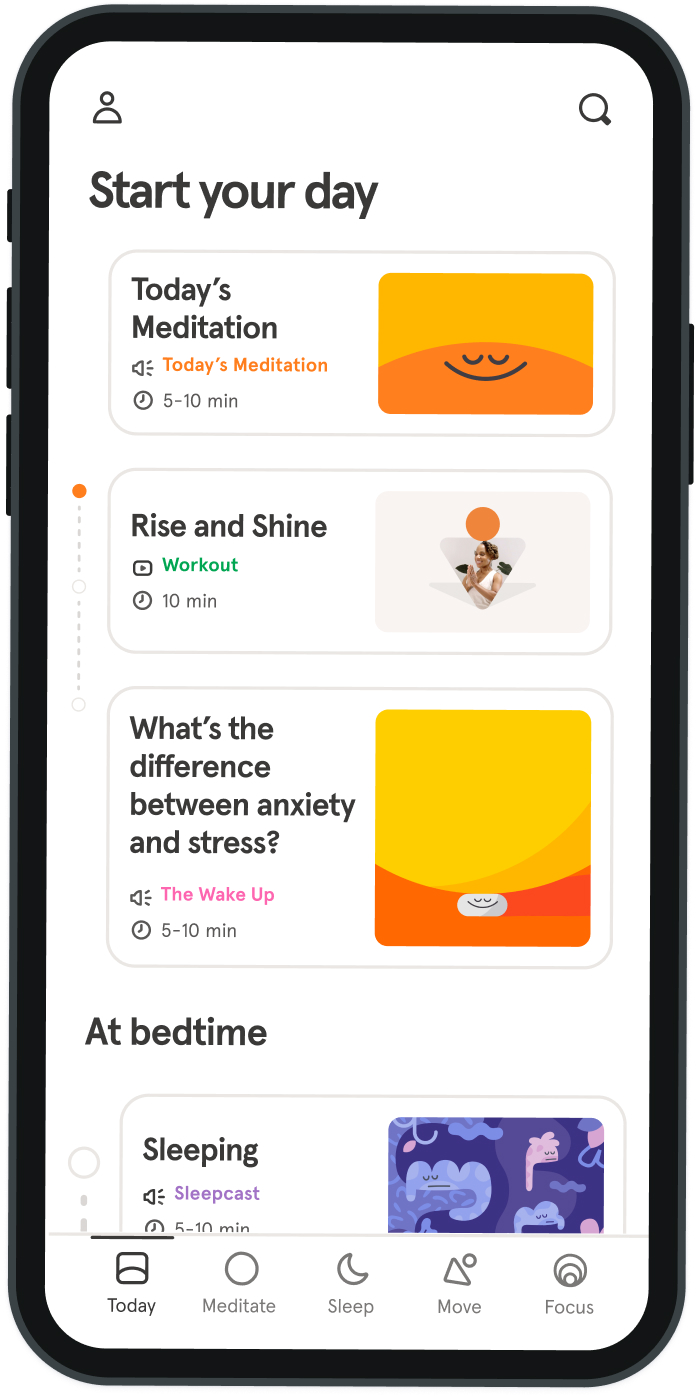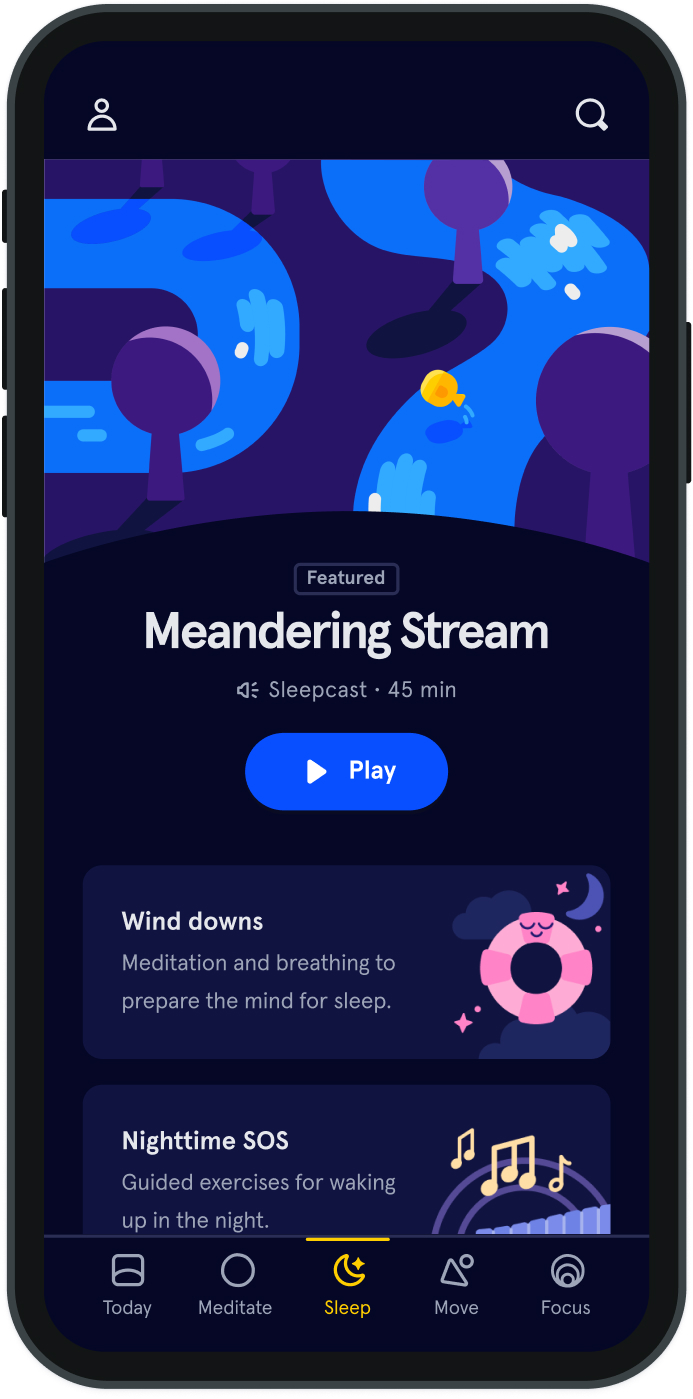The two words every relationship needs more of
You already know it’s important to thank someone when they’ve done something nice for you. You might thank a friend for walking your dog or a client for their business, but all too often, the person we might overlook is a partner.
You might say, Wait, that’s not me. I thank my partner all day long. Like when she hands me my iPad from across the room, or when he makes me my favorite dinner. Sure, you probably throw out a quick, ‘Thanks!’ but putting more effort into that gesture could deepen your relationship. In a recent article published in the National Communication Association's “Review of Communication”, the authors who examined research on gratitude experience and expression concluded that expressing gratitude to your partner can have benefits for up to six months after showing the initial appreciation. It may not seem like a new or surprising insight that showing gratitude to a partner can benefit a relationship, but there may be a better way to show appreciation that could lead to lasting benefits, according to this study.
Improve your gratitude with praise.
Expressing appreciation for smaller actions (like saying “thank you” when my partner holds the car door open for me) might pay off more when details and examples are included.
It’s not just the “thanks” that may resonate with your partner, but the details around it that will make them feel appreciated. Instead of saying, “Thanks for taking the kids to their soccer game,” your partner might feel more cherished when you say something like, “I really appreciated that you ran the kids to their game today. It allowed me to take a class at the gym and have some ‘me time’ that I really needed. I’m lucky to have a partner who recognizes that and shares responsibilities so I can have a better balance.” “So often we are quick to say ‘thank you’ but fail to acknowledge the effort that was put into what was done for them. Taking a few minutes to elaborate on the act makes the giver feel appreciated and valued,” says Dr. Gary Chapman, author of “The 5 Love Languages”.
Why is appreciation crucial in relationships?
After decades as a marriage counselor, Chapman concluded that there are five “love languages” which describe the five ways people speak and understand emotional love. They are: words of affirmation, acts of service, receiving gifts, quality time, and physical touch. (You can take a quiz on 5LoveLanguages.com to determine yours.) I was particularly interested in the studies on gratitude in the “Review of Communication” because my love language is “Words of Affirmation.” According to the website quiz results, “this means unsolicited compliments mean the world to you. Hearing the words, "I love you," are important–hearing the reasons behind that love sends your spirits skyward. Insults can leave you shattered and are not easily forgotten. Kind, encouraging, and positive words are truly life-giving”. I agree that compliments and being appreciated are more important to me than receiving a gift—Chapman confirmed that my ego swells with words of praise! “The best way to encourage your partner to express love in your primary love language is to let [them] know this is what you prefer,” says Chapman. “Give them ideas for ways to speak to you, including words you want to hear most, words that will make you feel loved.”
When speaking “words of affirmation,” it’s important to be sincere in what you say, advises Chapman. Express appreciation for things done for you, write notes with words of encouragement, and give your partner compliments often for what you appreciate about them, he suggests.
How showing gratitude makes you feel better
Authors of the study discovered that “gratitude consistently associates with many positive social, psychological, and health states, such as an increased likelihood of helping others, optimism, exercise, and reduced reports of physical symptoms,” like fewer symptoms of physical illness, as well as more exercise and better sleep. Other research shows that “gratitude interventions” can lead to physical health benefits like improved sleep, and strengthened cardiovascular function and immune system function. People who practice expressing gratitude to those they love may find that it also increases an awareness of what they want/need to be thankful for, says Chapman. “You can’t help feeling better about yourself when your goal is to look for reasons to be grateful and then speak those words to another person. It improves your outlook on life when you have an ‘attitude of gratitude.’” I asked Chapman what he thought about the long-term effects mentioned in the study—could showing recognition today really keep a relationship going strong six months later? “Couples who practice expressing gratitude on a regular basis find they have a more stable emotional climate in their relationship,” says Chapman. When one partner takes the initiative to share words of gratitude, the other partner will be encouraged to do the same. “The effects create an atmosphere where their love for each other can truly flourish, and as a result, they find their relationship is stronger and healthier as they go forward,” says Chapman. If you need a gratitude 101 kick-start, check out the Relationship: Appreciation pack. You might also want to enable the “set mindful moments” feature in order to get a nudge for a gratitude reminder throughout the day.



Be kind to your mind
- Access the full library of 500+ meditations on everything from stress, to resilience, to compassion
- Put your mind to bed with sleep sounds, music, and wind-down exercises
- Make mindfulness a part of your daily routine with tension-releasing workouts, relaxing yoga, Focus music playlists, and more
Meditation and mindfulness for any mind, any mood, any goal

Stay in the loop
Be the first to get updates on our latest content, special offers, and new features.
By signing up, you’re agreeing to receive marketing emails from Headspace. You can unsubscribe at any time. For more details, check out our Privacy Policy.
- © 2025 Headspace Inc.
- Terms & conditions
- Privacy policy
- Consumer Health Data
- Your privacy choices
- CA Privacy Notice
